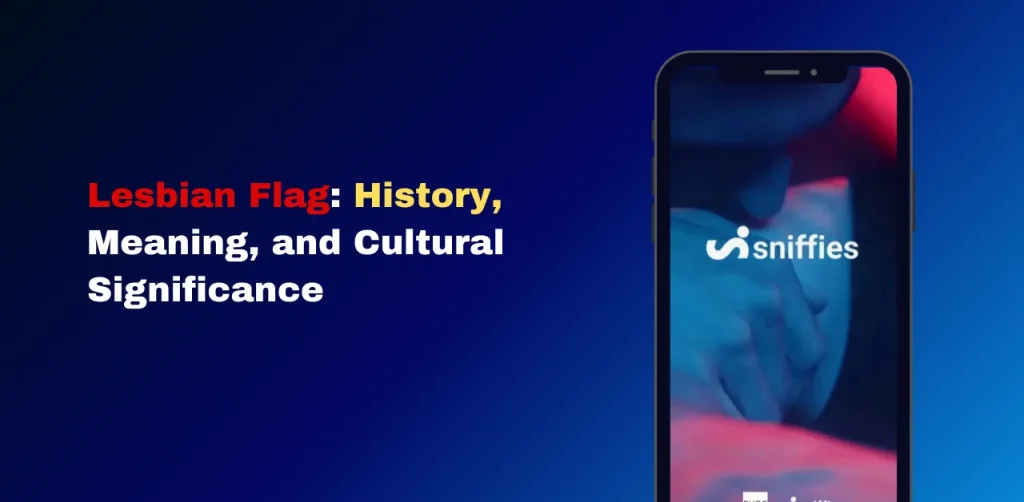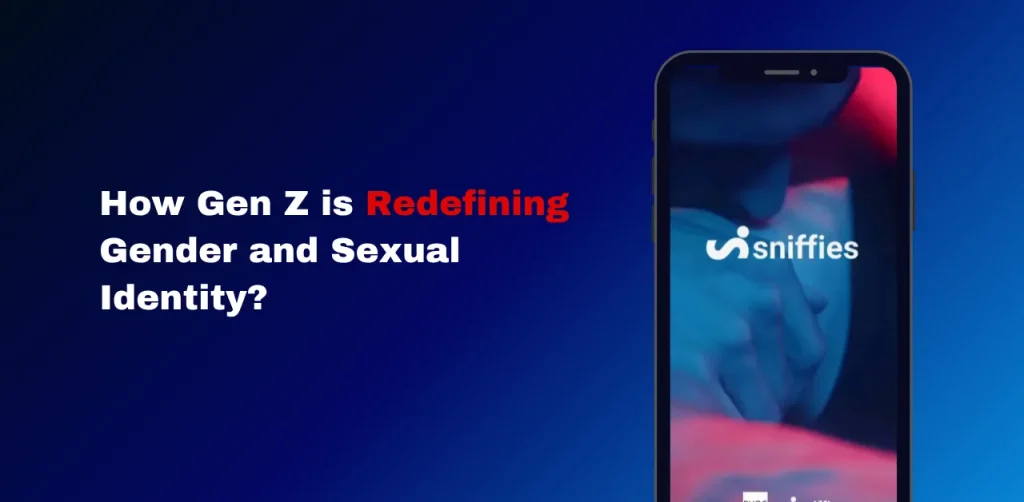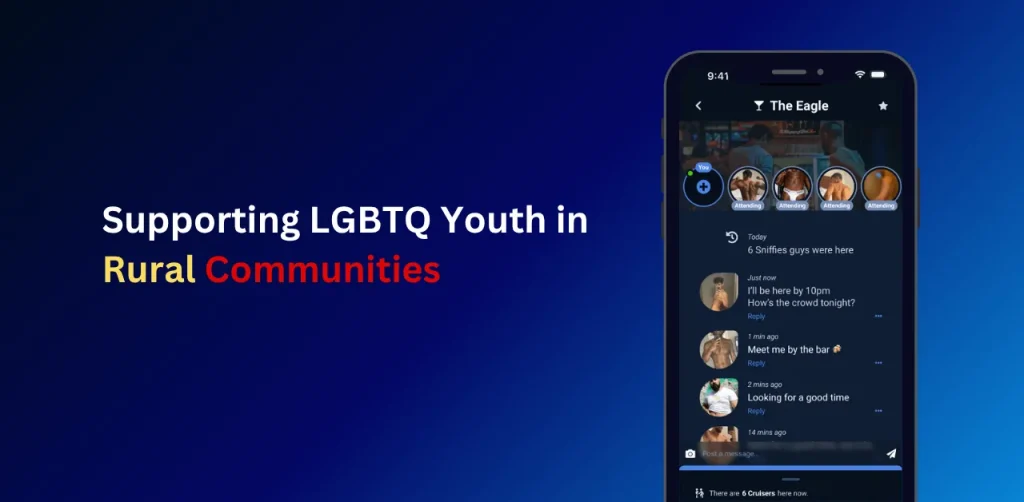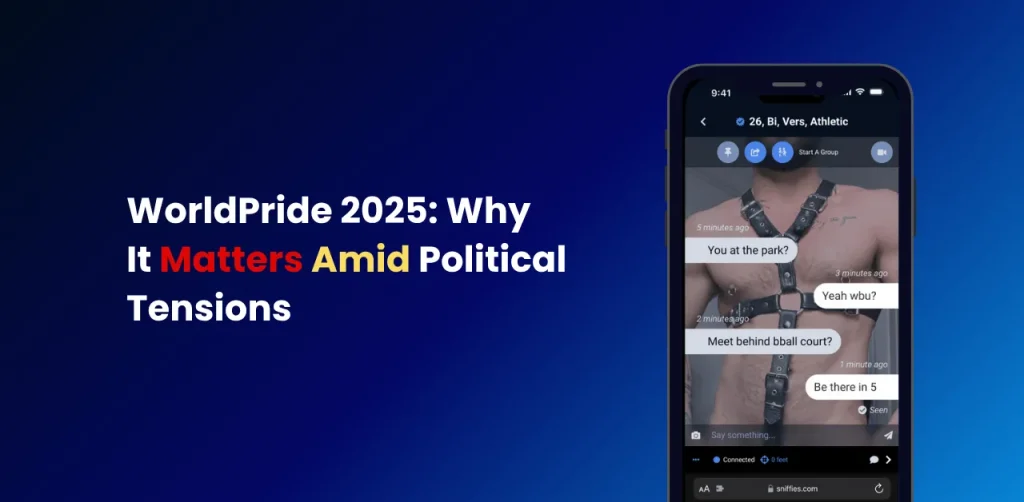Gay for Pay What It Means and Why It Matters
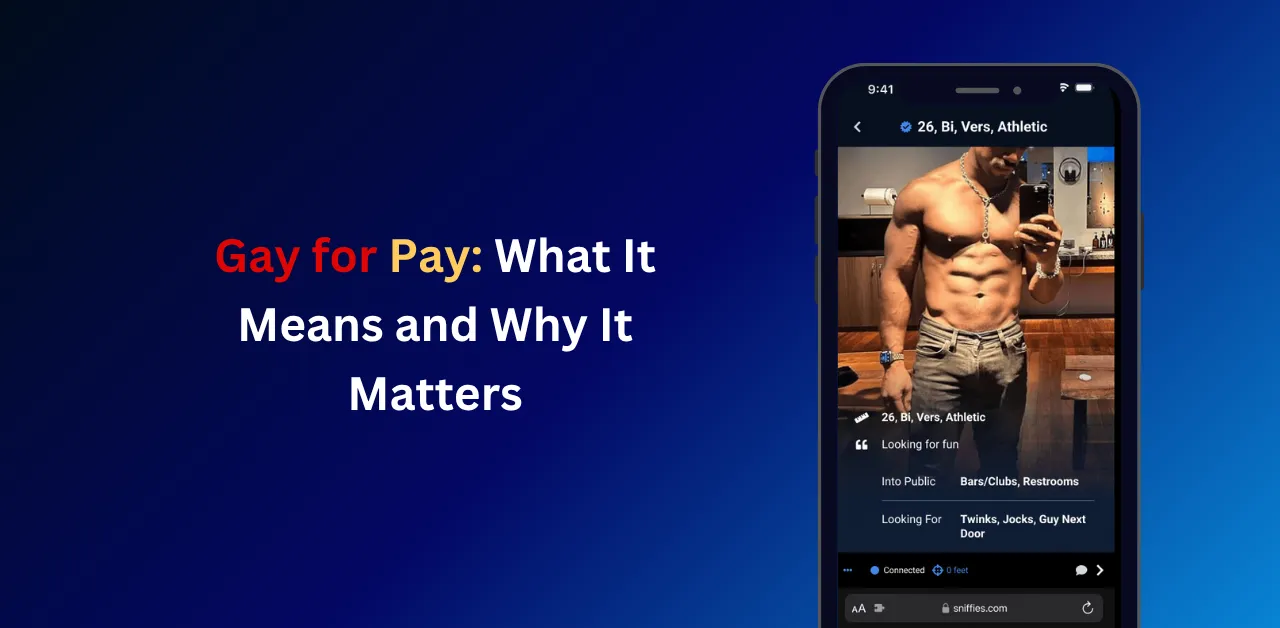
The term gay for pay is widely discussed online, often sparking curiosity and debate. It refers to individuals, typically heterosexual men, who engage in same-sex activities, usually in adult entertainment, for financial compensation. This article explores the meaning, context, and implications, addressing common questions and providing clear insights. Whether you’re researching out of curiosity or seeking to understand the industry, this guide offers valuable information.
What Does Gay for Pay Mean?
describes straight men performing in gay adult films or engaging in same-sex acts for money. The term is most common in the adult entertainment industry, where financial incentives drive participation, not sexual orientation. These performers often identify as heterosexual and may not engage in same-sex activities outside their work.
- Key Points:
- Performers are typically male and identify as straight.
- The motivation is financial, not romantic or sexual attraction.
- Common in gay adult films, webcam shows, or private arrangements.
Why Do People Engage in Gay for Pay?
The primary reason is financial need or opportunity. Adult entertainment offers high payouts, attracting individuals who might not otherwise participate. Other factors include:
How Does Gay for Pay Work in the Adult Industry?
In the adult industry, gay performers are hired for specific roles, often in gay porn studios like Men.com or Sean Cody. The process typically involves:
Common Misconceptions About Gay for Pay
Many myths leading to confusion. Here are some clarifications:
- Myth: All gay for pay performers are secretly gay.
- Fact: Most identify as straight and separate their work from personal identity.
- Myth: It’s exploitative or harmful.
- Fact: Ethical studios prioritize consent, safety, and fair pay, though risks exist in unregulated spaces.
- Myth: It’s only about money.
- Fact: While money is the main driver, some performers enjoy the work or find it empowering.
What Are the Ethical Considerations?
The phenomenon raises ethical questions, especially in adult entertainment. Key considerations include:
How Does Gay for Pay Affect Sexual Orientation Discussions?
this blurs the lines between sexual behavior and orientation, sparking debate in both academic and social circles. Key points include:
Is Gay for Pay Safe?
Safety is a major concern. Performers and consumers should consider:
- Physical Safety: Regular STI testing and barrier methods (e.g., condoms) are standard in ethical studios.
- Emotional Safety: Performers need support to navigate potential stigma or personal conflicts.
- Legal Protections: Contracts should protect performers’ rights, including fair pay and privacy.
What’s the difference between gay for pay and being bisexual?
Gay for pay refers to straight individuals performing same-sex acts for money, not attraction. Bisexuality involves romantic or sexual attraction to multiple genders.
Can gay for pay performers enjoy their work?
Yes, some find it enjoyable or empowering, but the primary motivation is usually financial, not sexual.
Is gay for pay legal?
Yes, in countries where adult entertainment is legal, provided performers are of age and follow regulations.
How much do gay for pay performers earn?
Earnings vary, but performers can make $500-$2,000 per scene, depending on the studio and role.
How to Learn More About G4P
If you’re curious about here are ways to explore further:
Conclusion
This is a complex topic tied to financial motives, personal boundaries, and cultural perceptions. By understanding its meaning, processes, and implications, readers can approach it with clarity and respect. Whether you’re exploring out of curiosity or researching the industry, prioritize ethical sources and performer well-being. Have questions? Share them in the comments or dive deeper with our linked resources. Explore more in our latest blog on Gay Games Online.

